For those of us with a sweet tooth Halloween is the perfect excuse to add a few bags of lollies to the weekly shop. Whether it’s finishing off the leftover candy at the end of the night or teaching your kids a valuable financial lesson with a ‘candy tax’ Halloween is often more sweet than spooky! But could all that sugar have a scary consequence? New research has provided some significant insights into the consumption of added sugar and kidney stones .
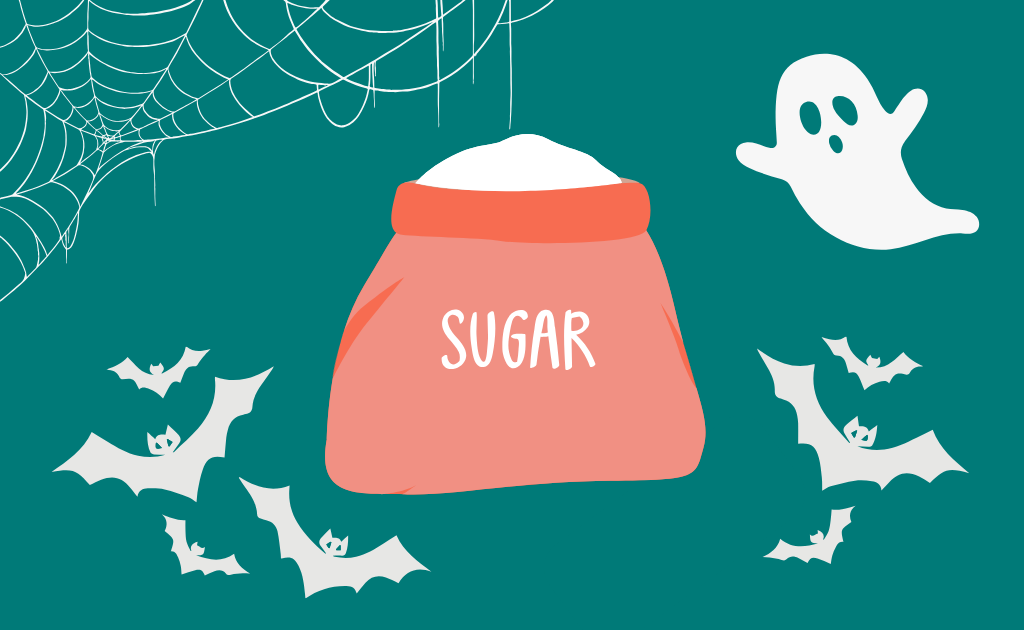
The study published in August 2023 looked at the association of added sugars and kidney stones in U.S. adults. The researchers found that those who consumed ≥25% of their daily calories from added sugars had an 88% higher chance of kidney stones compared to those sitting at 5%.1
Added sugars are sugars put in foods during preparation or procession, rather than occurring naturally in foods. The CDC provides the following examples of added sugars to watch out for:
Brown sugar, cane juice, corn syrup, dextrose, fructose, fruit nectars, glucose, high-fructose corn syrup, honey, lactose, malt syrup, maltose, maple syrup, molasses, raw sugar, and sucrose.2
Higher consumption of added sugars has well established associations to a range of negative health effects including but not limited to weight gain, high blood pressure, inflammation, diabetes, fatty liver disease. Many of these health effects are risk factors for kidney stone formation.
Added sugars can also lead to an increase in the amount of calcium in urine and less urine volume, increasing the risk of kidney stones forming. Sugar can also raise the acid level of your urine creating a more favorable environment for kidney stone formation.
The World Health Organization (WHO) recommends adults and children reduce their daily added sugar intake to less than 10% of their total daily energy intake.3
Sugar hides in many of the processed foods we eat every day. So, it can be very easy to unintentionally go over the 10% recommendation. Here are some simple foods to avoid or be mindful of when trying to make some easy reductions in your sugar intake:
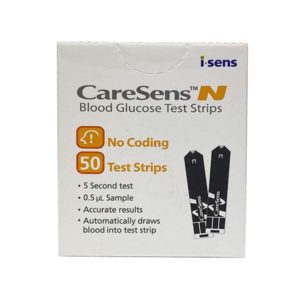
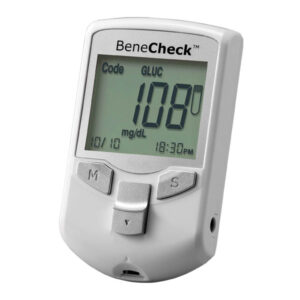
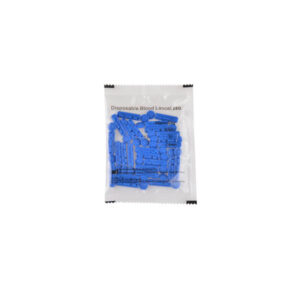
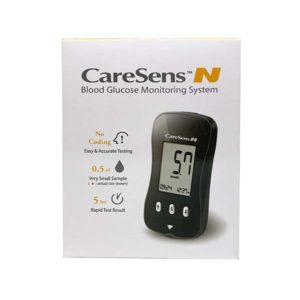
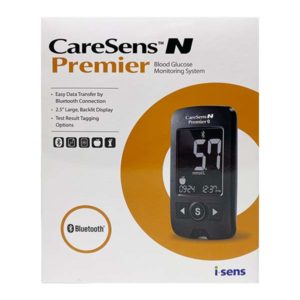
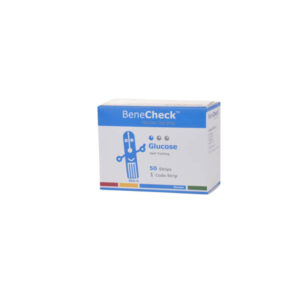
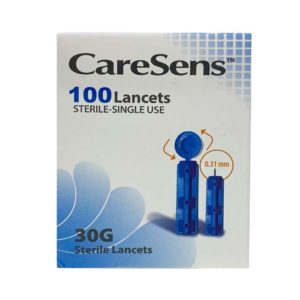
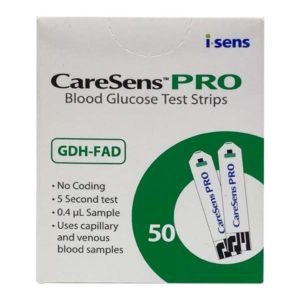
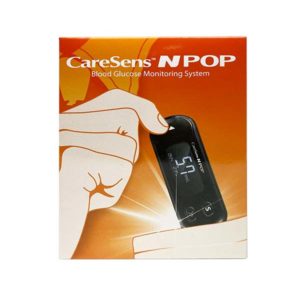
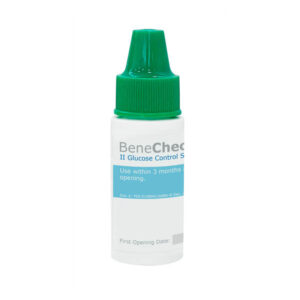
Written by Paul Taylor
Paul Taylor is a New Zealand–based healthcare content writer with 5+ years’ experience creating patient friendly articles for online pharmacies and health platforms. He specialises in accessible condition guides, prescription FAQs, OTC advice, and health & wellbeing tips, translating complex medicines or health condition information into clear, actionable content. Paul collaborates with the ZOOM Pharmacy clinical team and bases every article on authoritative sources, peer reviewed journals and national clinical guidelines to ensure evidence based, up to date content. His goal is to help readers feel empowered to make informed decisions about their medicines and wellbeing. This content is general information only and does not replace professional medical advice.